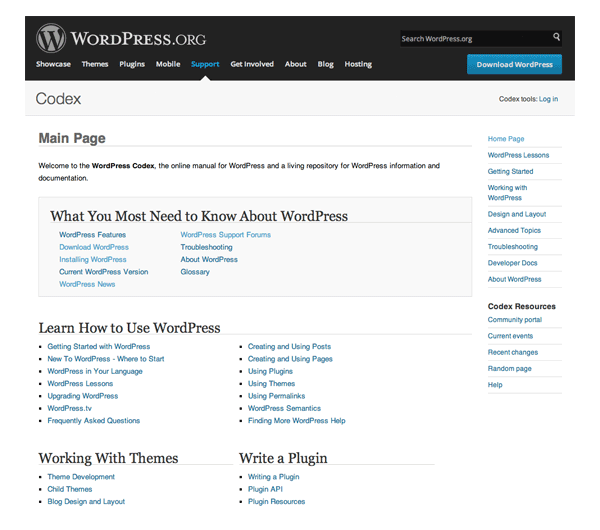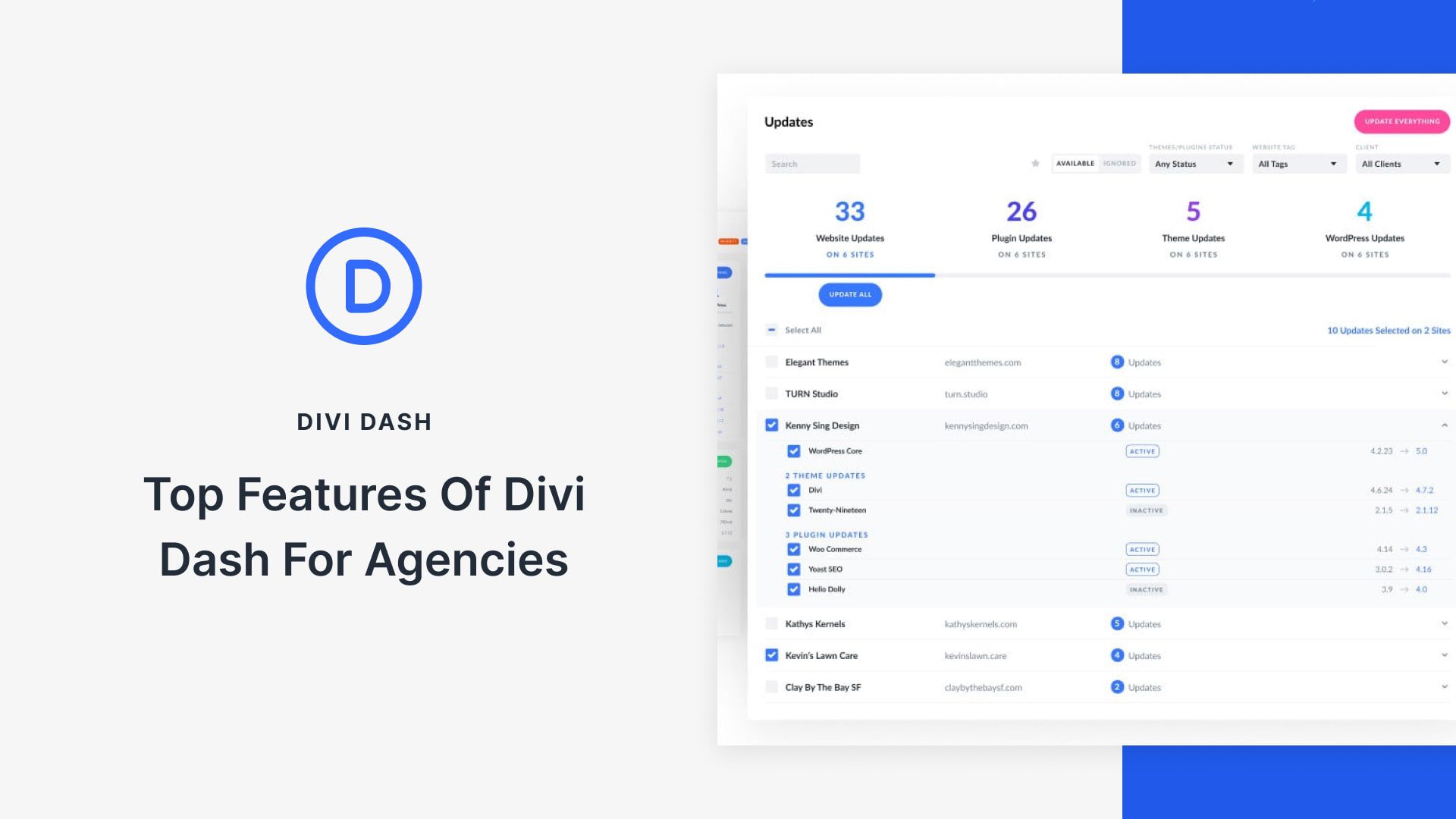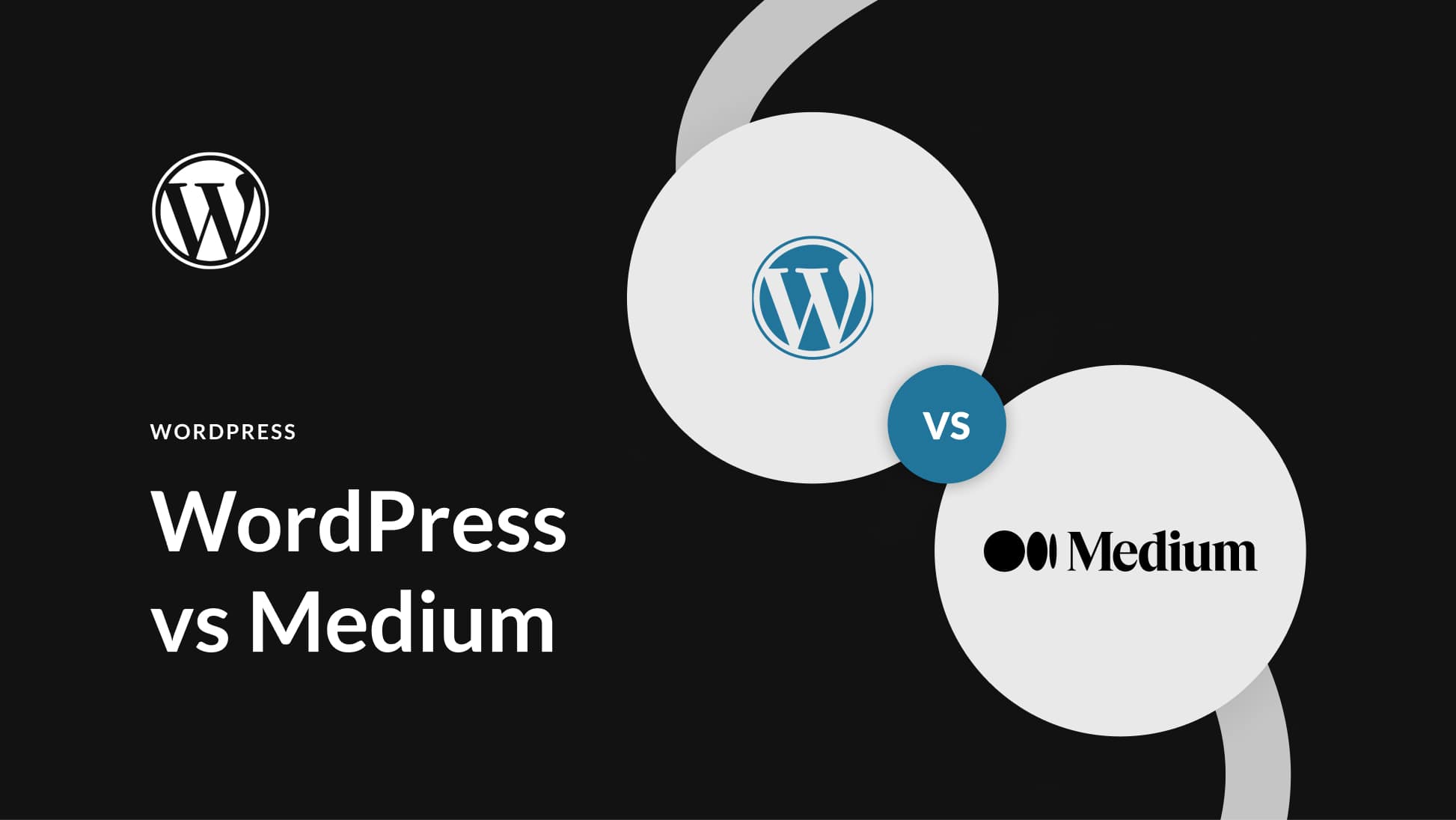A few weeks ago I spoke about where you could find help online when you have a WordPress related problem. One of the resources that was included in the list was the WordPress Codex.
The WordPress Codex is an official online manual from the developers of WordPress. It is a big resource that details every template tag and every function that WordPress uses. It also links to useful tutorials and plugins.

The WordPress Codex contains a lot of information on how to use and develop WordPress.
Today, I would like to show you what the codex has to offer and how you can use it to improve your knowledge of WordPress.
Important Sections
I have relied on the codex a lot over the years. Sometimes I find what I am looking for right away. Other times I struggle to find the information I need.
There is a structure (of sorts) to the information published in the codex. However, there is so much content in the directory that it can be difficult to find what you need. This is because it is not practical to display all pages within the codex on the main page. The page you are looking for may only be reached via one or two other sub pages.
If you are finding it hard to find a solution to a problem, use the search box at the top of each page to narrow down your search.
Below is a list of what I consider to be the most relevant sections in the codex.
Installing WordPress & Updating WordPress
The installation and updating guides are essential for those who are installing WordPress for the first time.
The installation guide can be a little technical. It assumes that you already know how to upload files and create a database. If you find the guide difficult to follow, I recommend reading our WordPress installation guide.
The first steps article gives a short walkthrough on what you do when you first login to WordPress. Beginners will find this article useful after installing WordPress for the first time.
The WordPress lessons area lists dozens of tutorials for beginners and theme developers. It is a useful place if you want to start learning how to get the most from the WordPress platform.
The WordPress glossary contains information on nearly one hundred and fifty terms. If you ever hear a word used about WordPress that you do not understand, jump to the glossary to see a definition.
If you are unsure about how to use WordPress, or if you are dealing with errors or spam, check out the troubleshooting guide. It links to many useful articles about running your website efficiently
The theme development page covers every aspect of creating a WordPress theme. It highlights key concepts such as child themes, template tags, and the WordPress template hierarchy.
The plugin development page gives information for developers on how to start developing a WordPress plugin. It refers to important articles such as WordPress Coding Standards and the WordPress Plugin API.
How to Use the Codex to Improve Your Knowledge of WordPress
As a reference, the codex has everything you need to improve your programming skills and your overall knowledge of WordPress.
The best way to learn is by application. Obviously, you should not be using a live website to try things out. That is a recipe for disaster. Instead, install WordPress in a sub directory or in an unused domain name and use it exclusively for testing.
That is how I improved my WordPress knowledge over the years. I use my test website to test new plugins and themes. I also use it to test new functions and template tags that are new to me.
I encourage you all to create a test website and start tinkering around with theming. Break things, see what works, see what doesn’t. You will be surprised at how quickly you can learn by doing this.
The Codex is Not Perfect
I refer to the WordPress codex regularly, though there is no hiding the fact that it needs to be improved. There are a lot of articles that continue to refer to external tutorials and plugins that are four or fives years out of date.
While the codex is a useful reference, it is not the most user-friendly manual. Most articles are written in a technical manner, which can make it difficult follow tutorials on new subjects. I find the structure of content to be a little chaotic at times too. For example, learning how to modify a theme template usually means checking several template tag and function pages.
Tom McFarlin noted that whenever he tries to refer someone to the codex, they respond “Please don’t suggest the Codex”. Many people share this view. The codex has a reputation of being disorganised, however I am still a big fan. There is a wealth of knowledge in the codex. You just need to know where to look.
Please visit the WordPress Codex to find out more. As always, I would love to hear your view on the codex, so please take the time to leave a comment below.
Article thumbnail image by venimo / shutterstock.com









The CODEX have powerful feature and it’s important.
But it required ample amount of scripting knowledge.
Thanks for sharing .
tHANKS FOR SOLVING MY pROB.
The CODEX is my main resource for programming and developing. Kevin, you showed us the “main menu” and sections of interest, but do point out that the Search button at wordpress.org may be the first place to start when you have a particular problem. That’s my thing.
If you’re not directed to a true CODEX page explaining a tag, etc., you’ll also get references to countless forum entries where others have the same problems and solutions. Plus, the speak is everyday language ;^)
Very true James. The search button should be your first port of call in many situations; particularly due to the structure of information.
Informative. Thanks for the article.
Thanks a lot for this post. Unfortunately I go to codex too seldom, mostly use search.
Thanks Kevin. Very deep information of using WordPress. I regularly follow your articles. You share a valuable guideline on every topics of WordPress. Thanks for share 🙂
You’re welcome Dipak 🙂
Every potential and confirm developer who desire to utilize WordPress software must frequent the Codex before reigning. Thanks Kevin for this insight.
Thanks bb 🙂
There are only a few blogs that are essentials for me. This is one. Thanks.
Thanks for the kind words Chuck. 🙂
Hi Kevin
You know I’ve never actually learnt much from the Codex.
Maybe it’s just me, but I always find better tutorials on other websites.
Better screenshots and videos to help explain things.
Maybe the independent blogger has to work harder to pull in viewers so they do a better job.
As an example: I did read some of the Codex on WordPress conditionals and it sort of helped, but then I found this tutorial and boy did that hit the spot!
http://diythemes.com/thesis/wordpress-conditional-tags/
Perhaps this has something to do with the way programmers write tutorials. Technical minded people do not always write the best tutorials. They write great guides for fellow programmers etc, but probably not for beginner and intermediate users.
🙂
Yea I agree!
It seems you get polarity going on all the time ….
Some people with code jammed so far up where the sun don’t shine, to be able to put coherent sentences together. Or, they are just speaking to only people on their own level … or trying to show off techie lingo.
Then you get the total lazy newbie jumping in with how do I access my website folders …. oh in my hosting account? LOL
If more information was put up & edited to be able to be useful for everyone it would work so much better.
Information should be targeted at middle round users once problems are solved. 🙂
haha yeah that is the problem with some technical people. I did Mathematics at University and so I am used to seeing a low standard of English (including my own at the time).
I think I have did ok in blogging because I break down things and explain things in a way that a technical person could not. For example, they might not even think to explain certain parts.
This is true for me too. There are certain aspects of working online that I would struggle to explain to beginners as it seems so normal/obvious to me. Not to say that that is indeed the case, but if you have done something for a long time, you sometimes forget that others do not find it so easy.
🙂
Kevin you just nailed it with this; “but if you have done something for a long time, you sometimes forget that others do not find it so easy”. Fully agree with you and I can still remembered when I was struggling to create child theme with ET themes (ET doesn’t include template as part of the child them statement used in the style.css). It was the codex that got me out after reading the instruction many times but now, I can digest the codex fast enough. It has to do with adaptability and frequent use of things which has made Humans semi-god! 🙂
Nice one Kevin, I used the codex to find explicit information and standard method of WordPress management like a pro. 🙂
Thanks Kevin. Tinkering on a site in a sub-directory is a great idea. I need to start doing that instead of using my live site as the testing ground. As a designer at heart, I found myself completely infatuated with getting a handle on the CSS. But the more sites I work on, the more interested I am in learning how the back-end works. Especially trying to get a grasp on PHP.
I think I am going to have to take some time to go through the Codex and do a little homework on the back-end of WordPress itself. once again, thanks for the tips Kevin.
I don’t know how you find the time to put together all these great resources so quickly. Hey that might make a great future topic 😉
Yea I agree … I get lazy testing on a local site.
Maybe ET could do a tutorial/post on how to replicate your current site on a dummy domain or on a local site. It does take a bit to get your head around moving or cloning site files.
I know there is heaps of info around. Funnily enough I started with a local site but then got lazy & foolish I guess …
Kevin you are a master. ET are becoming a whole world unto themselves. Incredible! Thanks for all your great work, information & great ideas.
Hi Chris,
The process is the same as installing a normal WordPress website. If you install it in a directory, you just need to ensure that you upload the core WordPress files to the correct folder.
🙂
Kevin
Thanks for raising this view. My first step is to setup local test site in any development I have but when you need support from ET, they request to see your site live and there’s no much security with local test site online hence, I build test site now using the sub domain trick to facilitate easy viewing of the site in action.
Quality themes with premium tips is distinguishing ET from other WordPress merchants….and this is the beginning of awesomeness. 😀
Thanks Geno. Yeah I encourage you to set up a test installation. I use my test installation every week to test new plugins and themes etc.
:):)
I am looking at how to do do this…. I set up a subfolder but now I don’t know how to go about using it….any help would be appreciated! Thank you!
The installation process is the same as installing to the root of your domain. Please refer to our recent guide for more information 🙂
I am glad to see people suggest the Codex as a location to find WP answers. You have offered a good review – with both the good points (a wealth of information) and the shortcomings (incompleteness and sometimes dated content).
My perception of the Codex is that if you are a little more savvy with your WP skill set, it will be of great use. Beginners will find that they have a bit of a learning curve (but isn’t that always the case?).
I am speaking as someone who has been around as a plugin author and a Codex contributor for about 10 years – pretty much a lifetime in WP-speak. The Codex is much like Wikipedia for reasons beyond just using Media Wiki. It relies on the efforts of a mass of volunteers to contribute, to edit, and to curate content; often without public acknowledgement.
The Codex, like WordPress itself, is a community effort and a labor of love for many people. The good part of that is that may good people spend a great deal of unrecognized effort to provide documentation for the ever growing list of functions, hooks, and APIs within WP. The bad part is that with an all volunteer army, it can be difficult to keep things up to date.
So if you have some WP knowledge and you happen to be a user of the Codex, why not give something back? There is always a need for more areas of documentation, and of course, editing. And you don’t even need to be a developer to participate. If you happen upon a Codex entry that has broken links, why not take some time to update them? If you notice a misspelled word, or see how some additional clarification could improve and entry, why not edit it? You may find yourself with a new hobby.
It is simple to get involved. You don’t have to be anyone special. Every Codex page has a link to the community portal – a great place to start. Your efforts could be as simple as updating a link to as complex as getting involved with a specific community group working on totally new sections like the Handbooks.
Thanks for that reminder, Chad. And thanks for all of YOUR hard work!
Creating test website a certainly a good idea. I figured this out the hard way after ruining a live site a few years back. I also agree that the codex can be quite intimidating but slowly, very slowly I have come to view it in more of a positive light.
Thanks for the post, wordpress recently, suggest changing to version 3.9.1 which does not work when I upgrade, I was looking for something in the codex to guide me but I figured there was nothing about it, can you write something about this issue..?
Thank you
If the upgrade doesn’t work, remove the .maintenance file from the root of your installation and upload all files again.
I was looking to solve problems in the codex and I could fix it, thank you very much